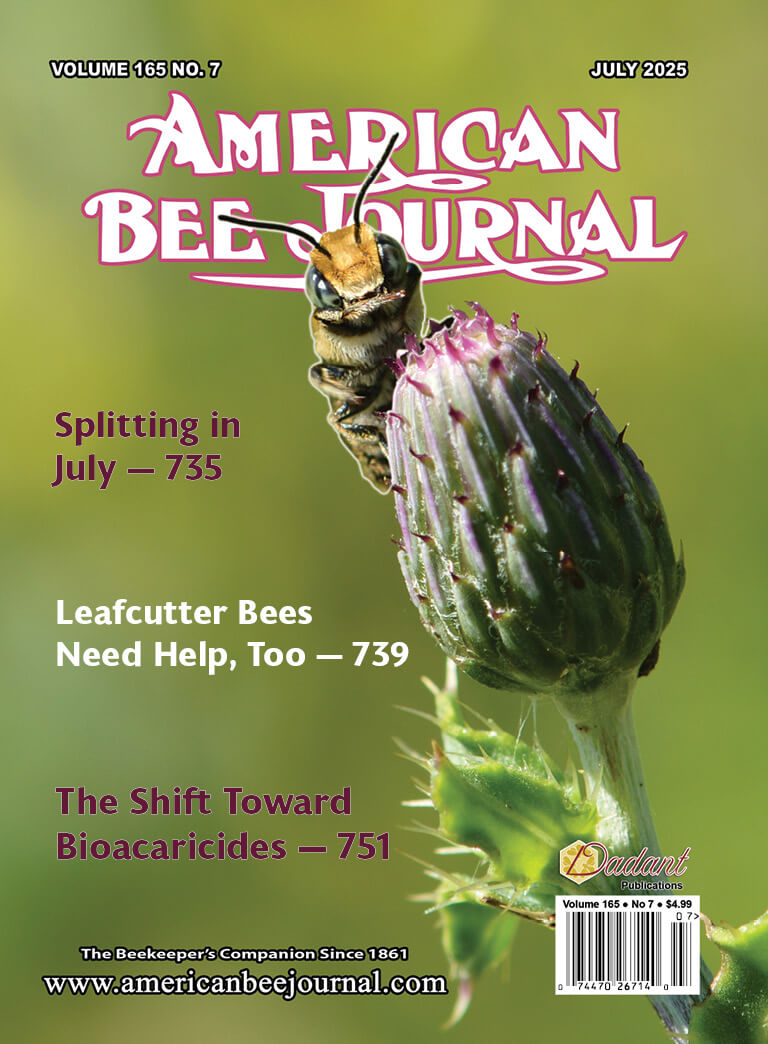(Courtesy of PENN STATE)
Use of a class of insecticides, called neonicotinoids, increased dramatically in the mid-2000s and was driven almost entirely by the use of corn and soybean seeds treated with the pesticides, according to researchers at Penn State.
“Previous studies suggested that the percentage of corn acres treated with insecticides decreased during the 2000s, but once we took seed treatments into account we found the opposite pattern,” said Margaret Douglas, graduate student in entomology. “Our results show that application of neonicotinoids to seed of corn and soybeans has driven a major surge in the U.S. cropland treated with insecticides since the mid-2000s.”
According to Douglas, research suggests that neonicotinoids may harm pollinators. The European Union suspended neonicotioid use on bee-attractive crops and the U.S. Environmental Protection Agency is expediting their review.
After discovering that neonicotinoid seed treatments were not explicitly documented…


